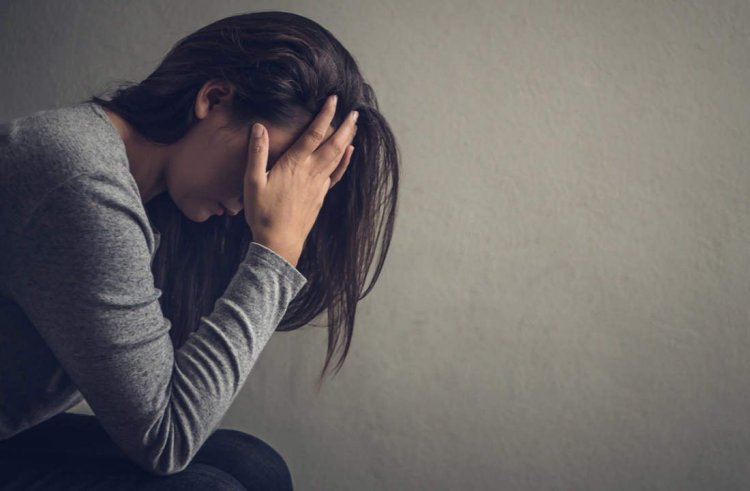Uncontrollable Thoughts And Actions Due To Two Dissimilar Disorders Of Single Mental And Behavioural Disorder
Uncontrollable Thoughts And Actions Due To Two Dissimilar Disorders Of Single Mental And Behavioural Disorder
Updated on December 20, 2021 18:55 PM by siva
Have you heard the word OCD? Many people know that Obsessive-Compulsive Disorder (OCD) is a mental disorder that can be diagnosed from people's behaviour. In general, people with OCD want to be more clean and alert than usual. In addition to the behaviours revealed, which is unusual and due to OCD, there are many facts you may not know about OCD. So enhance your cognizance by looking at some facts about OCD.
Two Dissimilar Thing In Same Disorder

OCD has both Obsessions and Compulsions in its name, but it does not mean that the two are identical. Both Obsessions and Compulsions are different problems faced by the people having OCS. Obsession makes people repeat unwanted and annoying thoughts. The compulsion is to make people repeat the same actions over and over again, which is repetitive behaviour. Although OCD afflicts people with both problems, some struggle with one problem between compulsion and obsession.
Add Block
Difficulty Of Disorder Is Loss Of Control

People with OCD may be aware of the symptoms they experience due to compulsion and obsession. People having OCD could realize that their thoughts and feelings are unusual and not making sense. However, the people could not control or stop their thoughts. The difficult part of OCD disorder is no control over thoughts and actions.
No Physical Test, Need To Meet Psychiatrist

The OCD disorder can't be diagnosed with physical tests such as blood tests or X-rays. As OCD is a mental disorder, to diagnose and for treatments, the person should consult a professional psychologist or psychiatrist. Though the person recognized the symptoms of OCD also, they could diagnose whether they are having OCD and what type of OCD while consulting the professional psychiatrist.
Add Block
Revealed In Various Ways

Many people think that people who have OCD will wash their hands frequently, check the locks often, etc. But the OCD will also reveal in various ways such as fear of dirt and unclean things or places, reciting names or dates mentally, counting backward, praying, arranging items properly, or cleaning frequently. It is not sure that the symptoms will always be visible; OCD focuses on internal suffering.
Add Block
Partner Of Different Disorders

People with OCD may not feel empty because their thoughts and schedules are busy with recurring thoughts and repetitive behaviours. OCD not only gives space for repeating and unusual thoughts or tasks but also for other disorders. 90% of people who have OCD are suffering from other mental health disorders such as mood disorder, ADHD, panic disorder, depression, phobia, addiction, and impulse control disorder. So at some point in the life of people with OCD, some other mental disorders will co-occur as partners of OCD.
When And Why OCD Occur?

OCD will not consider the age, gender, trauma, or other factors; anyone can get affected by the disorder OCD. From the kid of age seven and the adult of age, 30 they will have OCD. But OCD is rare after the age of 35. There will be no significant dissimilarities between the rate of suffering and symptoms due to OCD in men and women. The factors responsible for OCD are the history of trauma, genes, and chemical imbalance in the brain.
Symptoms Can't be Controlled, But Symptoms Can Be Treated.

As OCD is a mental disorder, the severity of this disorder will worsen when the stress level increase. The symptoms of OCD, such as intrusive thoughts and unusual behaviour, are not voluntary. Also, people with OCD could not control the symptoms. Distraction may contribute for some time, but treatment is the right choice for long-term relief. The symptoms of OCD can be treated with medication and therapy like cognitive-behavioral therapy (CBT).





